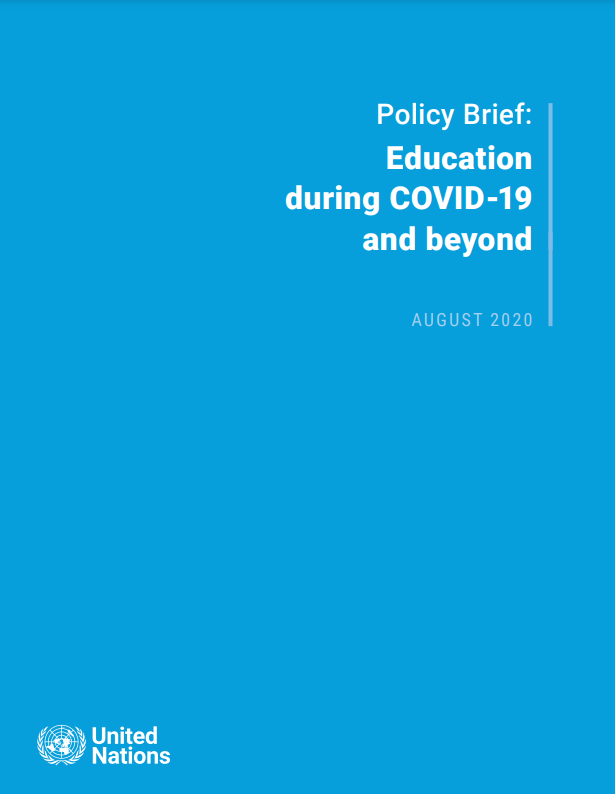Strategic Data Use in Higher Education: Using Data to Improve Postsecondary Success
The Strategic Data Project (SDP) at Harvard University interviewed 40 leaders and analysts at 29 institutions of higher education and postsecondary organizations to understand why some colleges and university systems are excelling in using data and others have yet to fully realize the potential of their data to inform strategic decisions that transform student success in school and the workforce.
[Their] key finding is that the missing link is not in the technical infrastructure but in human capacity. If higher education is to take advantage of data analytics to improve student outcomes and increase organizational effectiveness, it will have to find better ways to attract, train, and retain strategic data professionals who can inform policy and practice.
Citation:
Project, S. D. (2020). Strategic Data Use in Higher Education: Using Data to Improve Postsecondary Success
